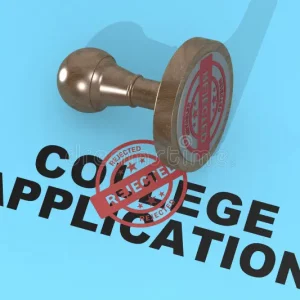
My mom and I seldom talk about politics because of the language barrier and also because I need her to pay my tuition. But a month ago, she asked me why Michelle Obama snubbed Peng Liyuan, the wife of Chinese President Xi Jinping, by not going to the Obama-Xi summit meeting. I told her that I frankly have no idea what motivates our political leaders to attend or decline events. Then a few days ago in China at the dinner table, the question invariably came up again: Why did Michelle Obama snub Peng Liyuan? And again everyone looked to me, the resident “political scientist,” for some sort of satisfactory explanation.
There are multiple issues at heart here. First, it has been a month and my mom is still talking about this political faux pas. The second is that perhaps, I shouldn’t tell people my major. The third and most important – this controversy shows that personal relationships are actually quite integral to Sino-American relations.
After a much anticipated (at least in China) meeting between the two first ladies at the summit, our FLOTUS decided to flake in order to attend her daughter’s 12th birthday party. There are several analyses:
- America is not interested in cultivating relations with China, and hates China.
- Obama does not think Xi is important enough to welcome, and hates China.
- The Obamas have marital problems, and also hate China.
I offered the alternative explanation that maybe Sasha has some sort of life-threatening disease, to which everyone quickly dismissed me and went on shouting about American arrogance. (On an interesting side note, Sasha’s birthday was June 10th, and both the Baltimore Sun and Foreignpolicy.com think it was the right choice to aggravate a country of over one billion people in order to attend an early birthday party).
However ridiculous this dinner talk seems, it underscores an important discrepancy between American and Chinese political culture that the US must address in order to improve Chinese-American relations. Personal relations are extremely important, especially in China. For example, the British were pleasantly surprised when Michelle Obama hugged Queen Elizabeth. Richard Nixon is still remembered fondly in China for his 1972 and 1976 trips to the mainland. If America is interested in cultivating better relations with China, our leaders must warm up to each other first.
However vague this notion of personal friendship is to political science theory, it is important for world leaders to cultivate a positive public opinion abroad. In more tangible terms, Nixon’s 1972 visit to China changed his overall approval rating from 49% to 55%. A month prior to his trip, 43% of people in a Chicago Tribune poll felt negatively about how Nixon handled China and 39% felt positive. Right after the trip these numbers were reversed with 34% negative and 44% positive. Another Gallup poll showed that 68% of Americans believed the trip would have some degree of effectiveness in influencing world peace. Between 1968 and 1977 the percent of people favoring diplomatic recognition of the People’s Republic of China rose from 39% to 62%.Obama and Xi’s 2013 summit meeting was supposed to be an equally landmark event as Nixon and Mao’s, but ended in Chinese anger over a simple, avoidable gesture. There are many security dilemmas, domestic pressures, and misunderstandings between the two powers, but perhaps China and America could improve relations if Obama and Xi simply had more talks at the dinner table.





Be First to Comment